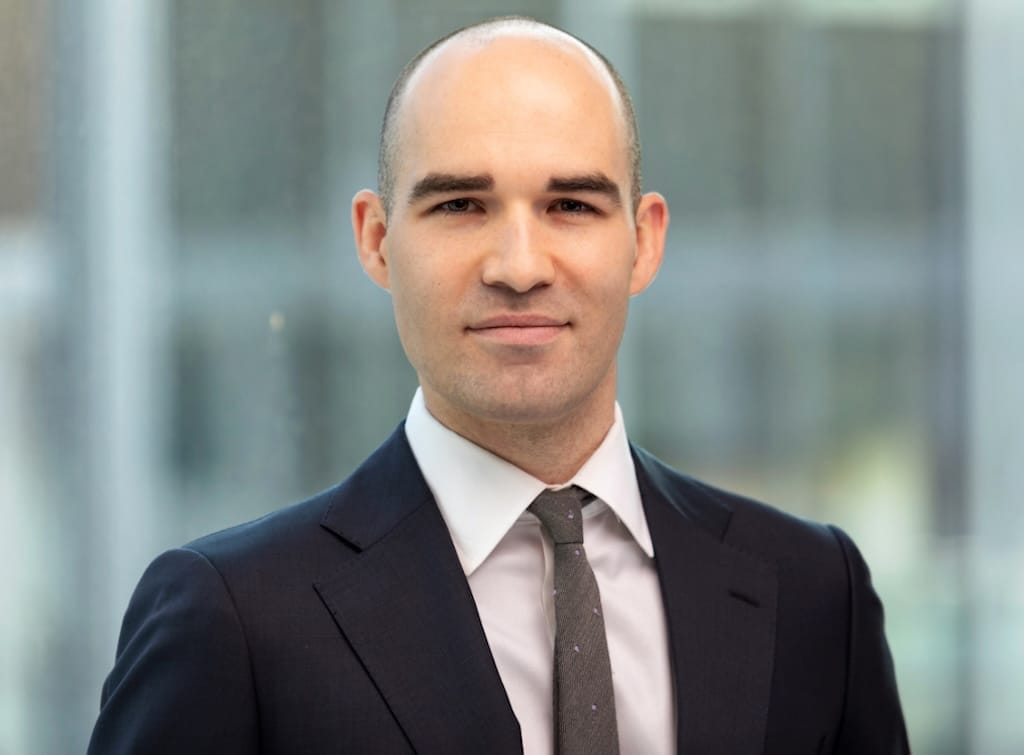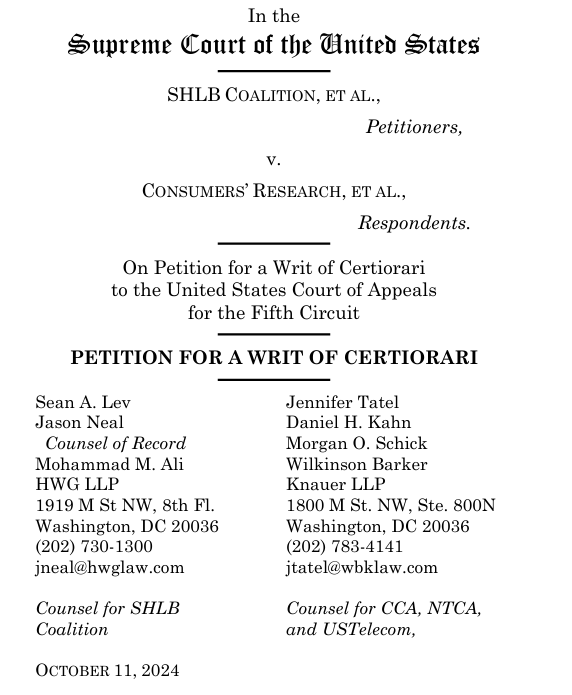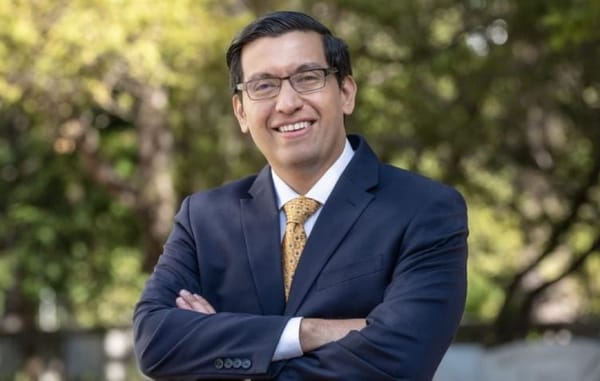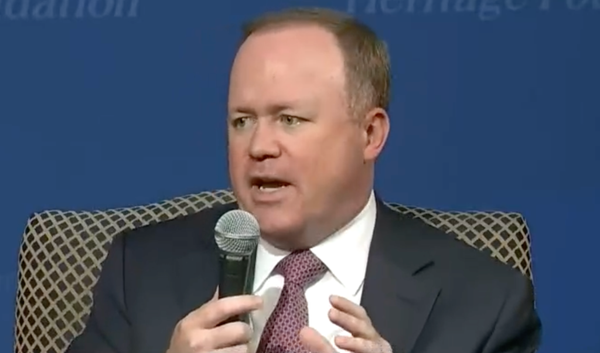ISPs, Consumer Groups Ask Supreme Court to Preserve USF
The FCC separately asked SCOTUS to intervene earlier this month.
Jake Neenan

WASHINGTON, Oct. 11, 2024 – Broadband trade associations and consumer groups are usually on opposite sides of court battles, but they can agree on one thing: they don’t want the Universal Service Fund to go away.

A coalition of public interest and broadband industry groups asked the Supreme Court Friday to toss out a Fifth Circuit decision from July that found the roughly $8-billion-per-year broadband subsidy unconstitutional. The Federal Communications Commission, which handles the fund, separately asked the court to step in on Sept. 30.
“Absent this Court’s intervention now, the Fifth Circuit’s decision would have immense practical implications,” the groups wrote in a petition. “The Fund has supported subsidies on which millions of Americans and thousands of service providers rely.”
The petition was filed by USTelecom, NTCA, the Benton Institute, the National Digital Inclusion Alliance, the Schools, Health, and Libraries Broadband Coalition, and others.
Conservative nonprofit Consumers’ Research has been challenging the fund since 2021. It argued that Congress violated the nondelegation doctrine by putting too few guardrails on the FCC’s management of the program, funded by fees on telecom providers, and that the FCC improperly delegated its authority to USAC, the nonprofit set up by the agency to calculate quarterly contribution rates. Courts were not receptive to that before July, with the Sixth and Eleventh circuits finding the program passed legal muster.
The Fifth Circuit ruling didn’t rule on either prong specifically, although judges made clear they thought both were unconstitutional, and instead found the combination of the two factors effectively took taxing power away from the legislature. The decision is on hold until the high court weighs in.
The coalition told justices Friday that if the decision stands, companies would likely try to block the next contribution factor and avoid paying into the fund. That “would threaten to deprive the USF of all contributions going forward, leaving the many individuals and institutions that rely upon USF disbursements without the ‘quality services… at just, reasonable, and affordable rates,’ that Congress envisioned,” the groups said, quoting the 1996 law standing up the fund.
Following the government’s lead, the groups also asked the high court to weigh in on both Consumers’ Research’s original complaints in addition to the Fifth Circuit’s combination ruling.
Trent McCotter, the attorney leading Consumers’ Research’s challenge, said at a webinar Wednesday that accusations of wanting to torpedo USF were overblown. He said the group primarily wanted a ruling that expands the nondelegation doctrine and makes it harder for Congress to write laws that delegate broad authority to federal agencies, something the Supreme Court’s conservative majority has been happy to do recently.
He said if justices handed down a decision skirting that question – something that only required the FCC to take over USAC’s duties, for example – the group would likely sue again in the Fifth Circuit to force the issue.
“We tried to keep the case narrow, we tried to minimize the impact of it and that sort of thing,” he said. “We want the court to address the nondelegation principles here. We don’t want to get bogged down in practicalities.”









Member discussion